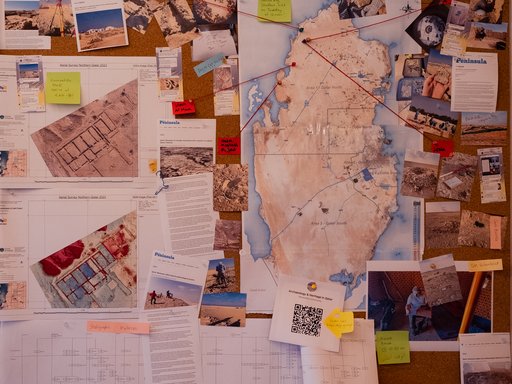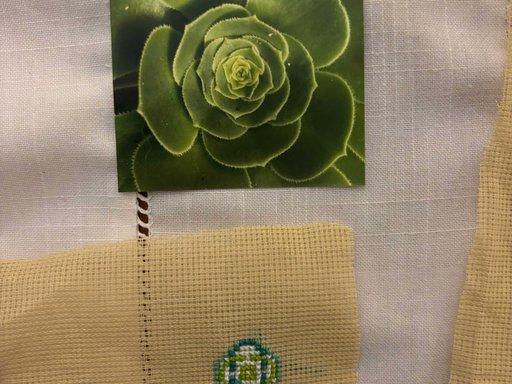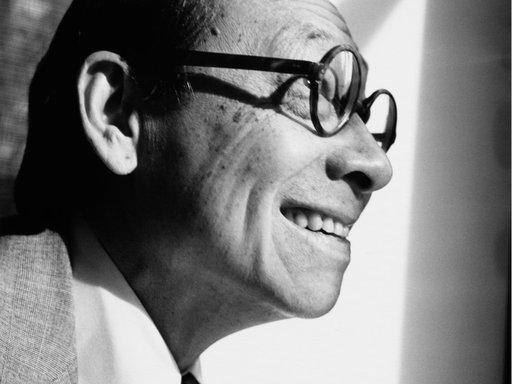Meaning “of the past”, Mal Lawal, today in its 4th edition, relaunches with a slightly different look, inviting visitors to take a trip down memory lane and experience the nostalgia of video games. From the experienced collector to the amateur enthusiast, this edition of Mal Lawal is driven by each collector’s personal stories, offering a unique window into local popular culture.
Focusing on pre-2000 video gaming, particularly the transformative era of the 1990s, this exhibition presents what was and still is popular among video game lovers here in Qatar. Collectors' collectibles take us on a journey to the recent past, while local and resident developers have developed games inspired by these games and consoles. What can these memories and early experiences offer to the future of the local gaming industry?












